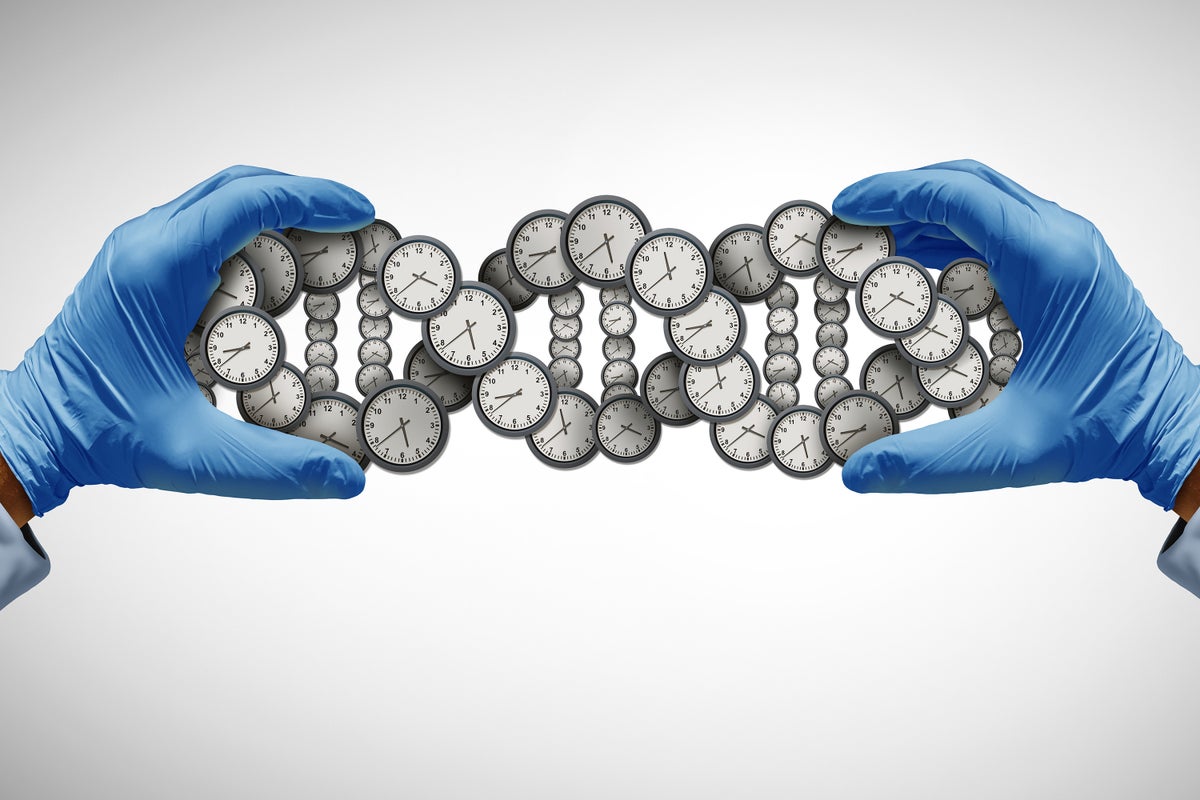Now Reading: Interactive Map Reveals DNA Changes with Aging
-
01
Interactive Map Reveals DNA Changes with Aging
Interactive Map Reveals DNA Changes with Aging

Speedy Summary
- Study Focus: A meta-analysis explored DNA methylation patterns in 17 human tissues during the adult lifespan to understand how ageing modifies gene activity.
- findings: Some organs (e.g., retina, stomach) show faster ageing-related methylation compared to others (e.g., skin, cervix). Global markers were identified across tissues for ageing.
- Key Genes Identified:
– HDAC4 and HOX: Linked with senescence and age-related decline.
– MEST: Associated with diabetes and obesity, which accelerate ageing.
– High methylation in PCDHG gene family affects multiple organs; linked to cognitive decline due to reduced brain white matter.
- Implications: The study created an open-access epigenetic atlas of over 900,000 DNA sites across tissue types that could aid anti-ageing research and highlight molecular treatments targeting overall body ageing rather than specific diseases or tissue degradation.
- Expert Opinions:
– Joao Pedro Magalhaes (University of Birmingham): Praised the atlas as a valuable resource for understanding ageing mechanisms throughout organs.- Holger Bierhoff (Fritz Lipmann Institute): Noted the work focuses on functional relevance rather than merely using epigenetic changes as “clocks.”
– Researchers emphasize exercise’s potential benefits on methylation patterns across various tissues.
Link for detailed reading: Read More
Indian Opinion Analysis
This comprehensive study of DNA methylation-and its role in biological aging-has significant implications globally but notably resonates within India’s context given the country’s growing healthcare needs amid an aging population. By targeting molecular causes of aging, such research may pave the way for innovative therapies that move beyond treating isolated illnesses toward prolonging healthy lifespan comprehensively.
From a societal standpoint, India stands uniquely positioned with its vast demographic diversity-ranging from younger populations driving economic productivity to elderly groups requiring increased medical interventions. If insights like those offered by this atlas lead to breakthroughs in anti-aging therapies or improved geriatric care strategies (lifestyle adjustments through exercise or diet,targeted medical treatments),it could reduce healthcare burdens and improve quality of life nationwide.
Additionally, advancing domestic research capabilities informed by resources like this could strengthen India’s biomedical infrastructure while making therapies accessible at scale for vulnerable groups affected most by conditions accelerated through aging processes like diabetes or cardiovascular disease.
























